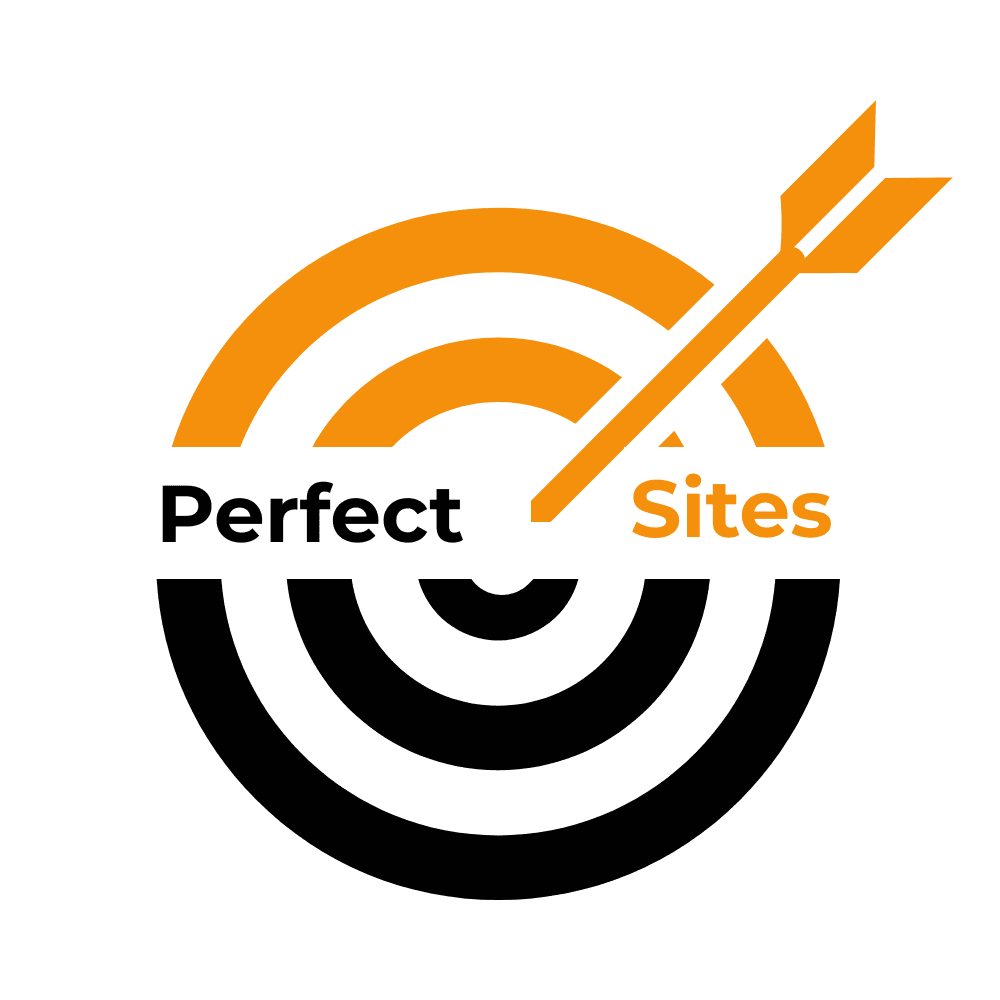Starting a business website in Boston isn’t like opening a lemonade stand. You’re not picking a domain name that sounds clever and slapping on a stock photo of the skyline. You’re stepping into a city that treats digital presence like a handshake: firm, fast, and not to be forgotten. Boston doesn’t suffer slow sites or sloppy UX; it’s a market full of smart people with high expectations and very little patience.
So if you’re building a site for a new business here, you’ll need more than a template and a logo. You’ll need a plan.
Know your audience, and yes, they’re wicked smart.
Boston’s digital crowd isn’t your average group of casual scrollers. This is the land of MIT, Harvard, and startups that build AI for breakfast. People expect sleek, fast, and secure experiences, and they know when something feels off.
According to the Greater Boston Chamber of Commerce, a whopping 89% of consumers in the metro area check out businesses online before buying anything. Your website isn’t just a digital business card; it’s the storefront, the salesperson, and the trust-builder all rolled into one.
Think hyper-local, not just local.
When people in Boston search online, they don’t just look for “coffee.” They search for “coffee shop in Back Bay” or “espresso near Harvard Square.” If your site isn’t optimized for those kinds of searches, you might as well be invisible.
Local SEO isn’t a checkbox; it’s how you show up in Google’s map results, how you earn clicks from people nearby, and how you compete with businesses that have been here for years.
Here’s what actually helps:
- Embed a Google Map with your business location.
- Use schema markup that tells Google you’re a local business: schema.org/LocalBusiness
- Create and verify your Google Business Profile.
- Make sure your name, address, and phone number (NAP) are consistent across every directory you’re listed in.
BrightLocal and Whitespark are both solid tools for tracking how well you’re showing up in Boston-specific searches.
Design for phones first, then make it beautiful.
Massachusetts has one of the highest mobile usage rates in the country. Over 72% of web traffic here comes from smartphones. Your mobile site isn’t the backup plan; it’s the main event.
Google knows this too. Their mobile-first indexing means they look at your mobile site first when deciding how to rank you. So if your mobile site is clunky or slow, your rankings will suffer, even if your desktop version is flawless.
And while you’re at it, don’t forget accessibility. Boston’s known for inclusive innovation, and frankly, accessible design just makes sense. Following WCAG 2.1 standards helps you reach more people and lowers your risk of getting caught up in an ADA-related lawsuit. Those are becoming more common.
Statcounter backs up the mobile usage numbers, if you’re curious.
Speed matters more than you think.
Boston users don’t wait around. If your site takes longer than a couple seconds to load, they’re gone. Portent’s data shows that for every extra second your site takes to load (between 0 and 5 seconds), your conversion rate drops by 4.42%. That adds up fast.
So what do you do? Use a content delivery network like Cloudflare to serve your site faster. Compress your images with something like TinyPNG. And always, always use HTTPS. Google likes it, and so do your customers.
If you’re handling personal data—especially in healthcare or finance—you’ve got to be compliant with laws like HIPAA and
Massachusetts’ 201 CMR 17.00. These aren’t suggestions; they’re legal
requirements.
Show your Boston roots, or borrow some.
People here trust local. If you’ve worked with known Boston clients or institutions, show that off. Highlight testimonials from local customers. Tell stories that happened here. If you’re new to town, find ways to plug in fast.
You could partner with a Boston-based influencer. Or better yet, join a local business group like Boston Main Streets. It’s a great way to get your name out there and build credibility that feels real.
Use tech that can grow with you.
Boston startups don’t stay small for long. Your website needs to keep up. That means choosing a content management system (CMS) that won’t buckle under pressure.
WordPress is still a strong pick, especially with scalable hosting like WP Engine. If you’re planning to publish content across multiple platforms—say, your website, a mobile app, and a smart fridge—then a headless CMS like Contentful might be worth the extra setup.
For e-commerce, Shopify Plus and BigCommerce both offer
enterprise-level features, including payment integrations and tools for handling local tax rules. If you’ve dealt with Massachusetts tax codes, you know that’s no small thing.
So, what’s the takeaway?
You’re not building a website; you’re building your reputation in one of the sharpest, fastest-moving, most competitive digital markets in the country. That means you need a site that’s fast, local, mobile-friendly, legally sound, and built to scale.
And if that sounds like a lot, well, it is. But get it right, and you’ll be setting yourself up for something Boston does better than most: long-term, loyal customers who know quality when they see it.
That’s the view from the ground.
We’ll be back soon with more real-world insights.
Until then, keep building.
– Perfect Sites Blog

